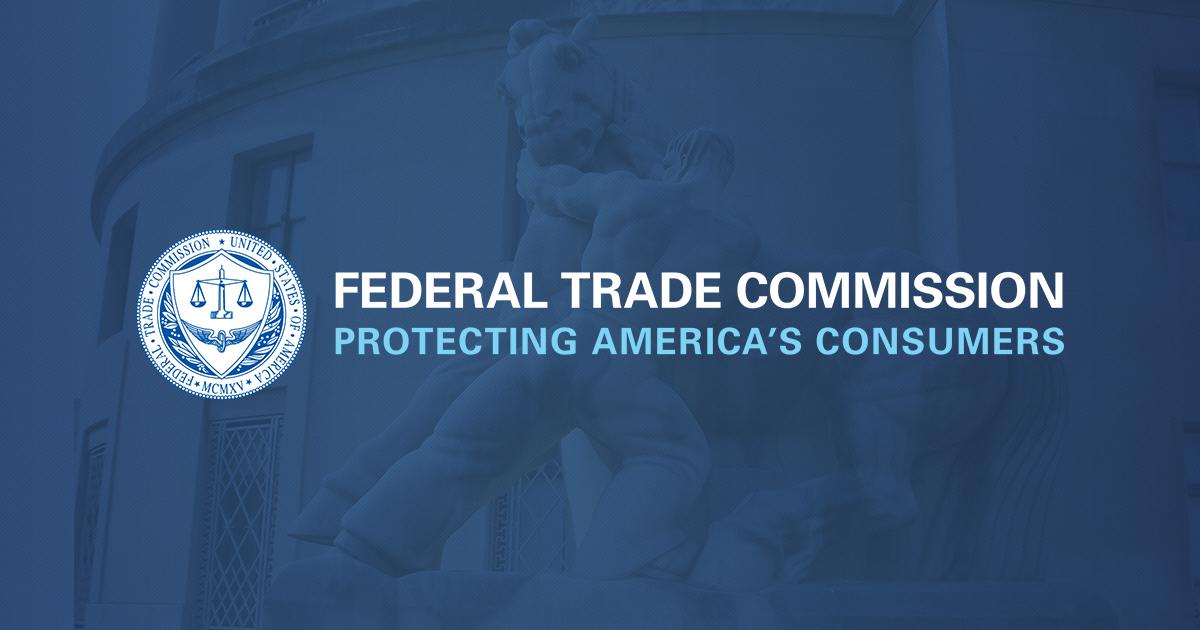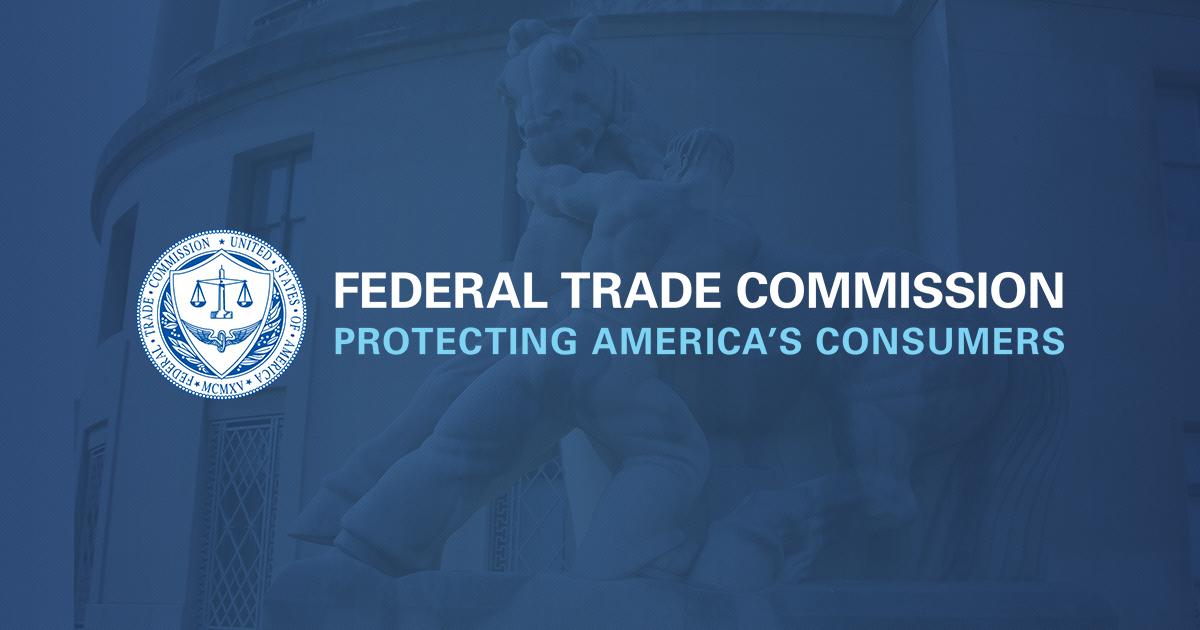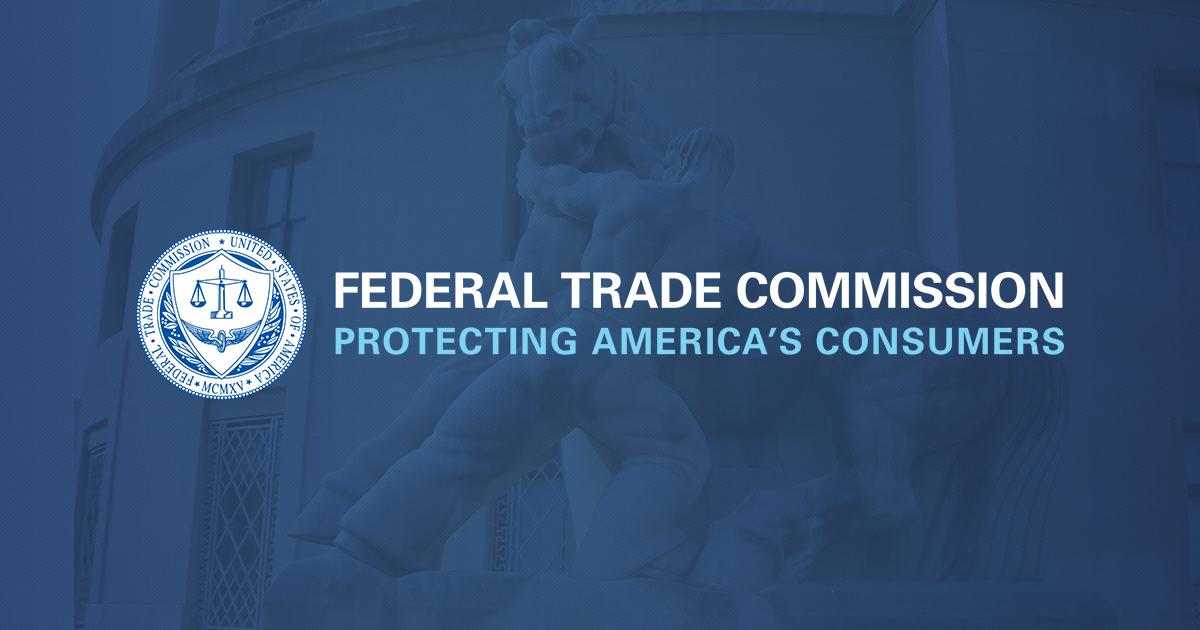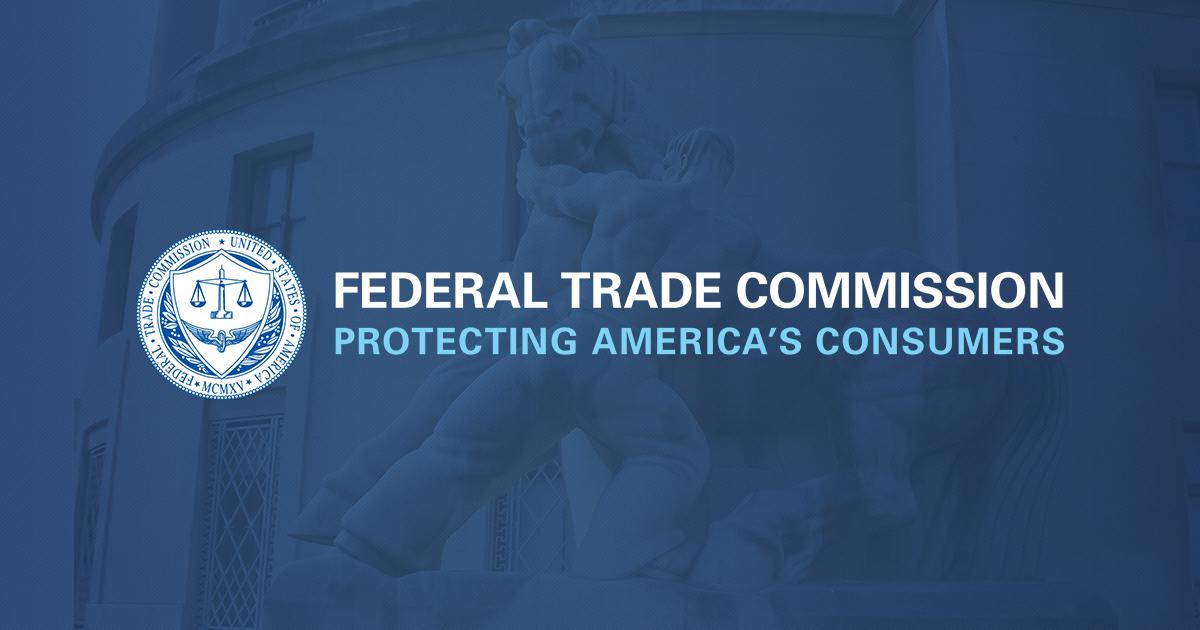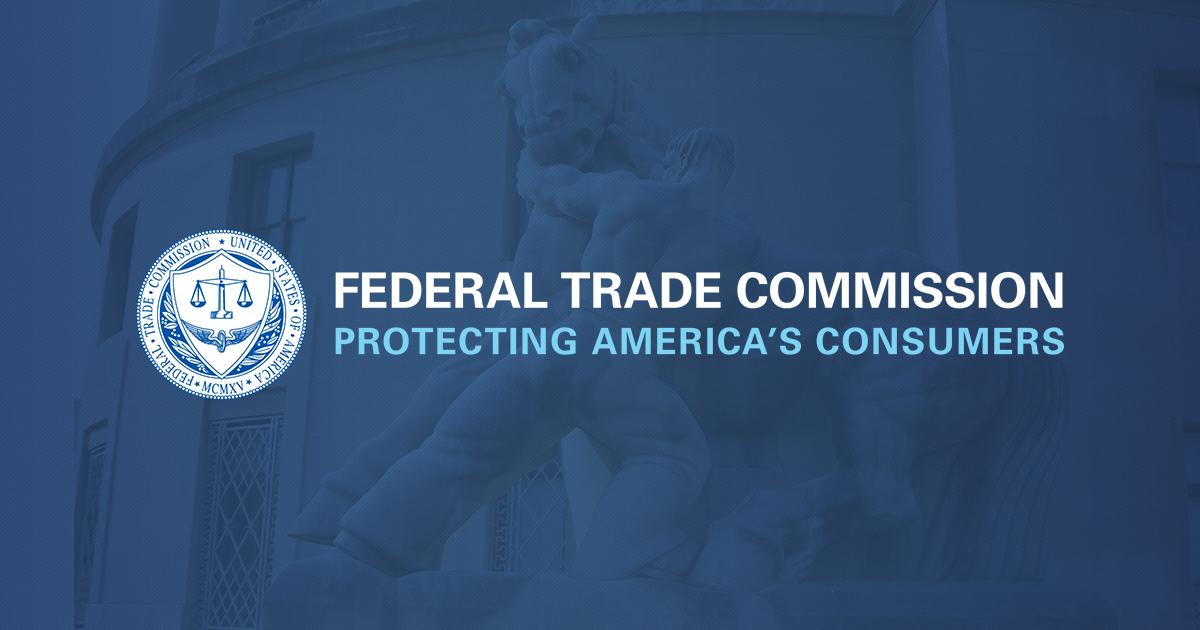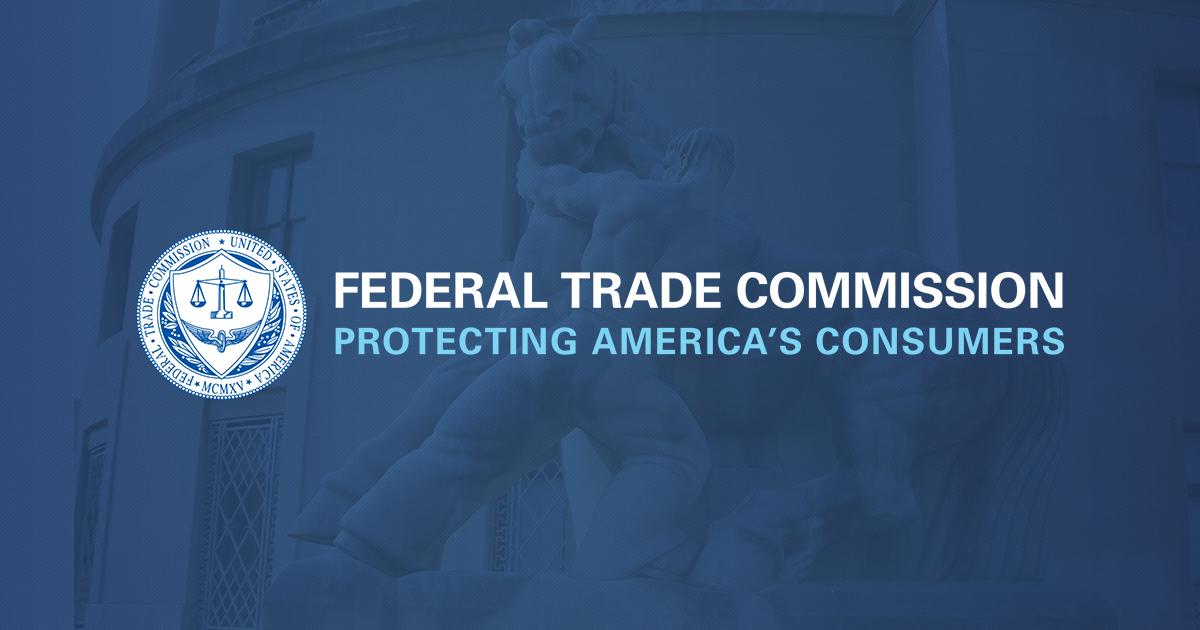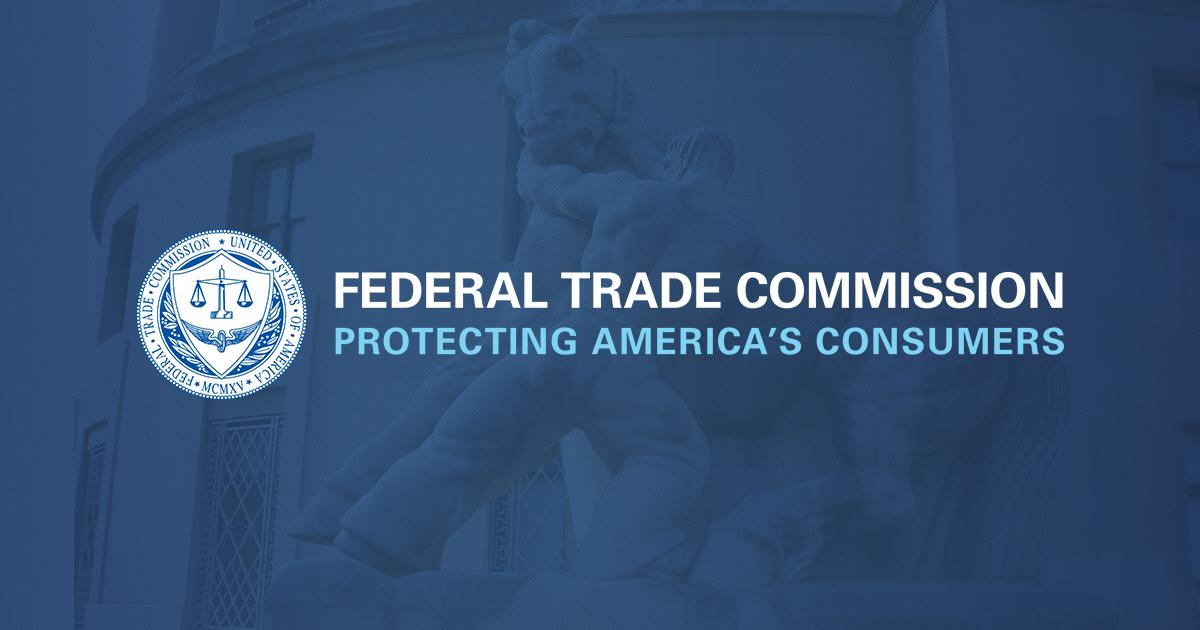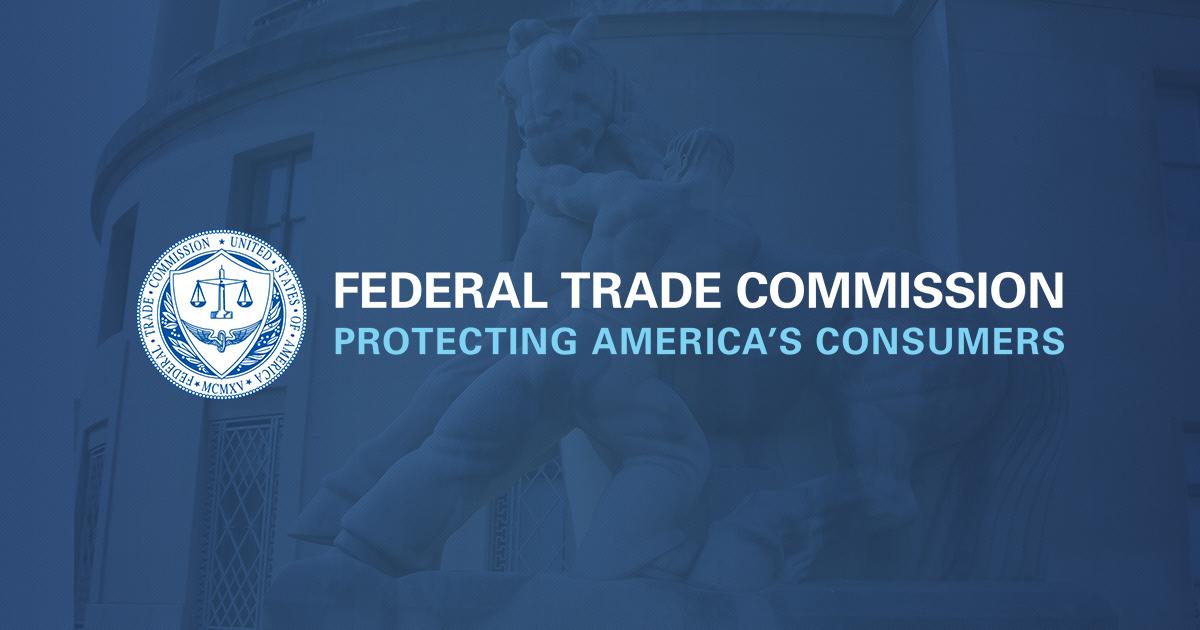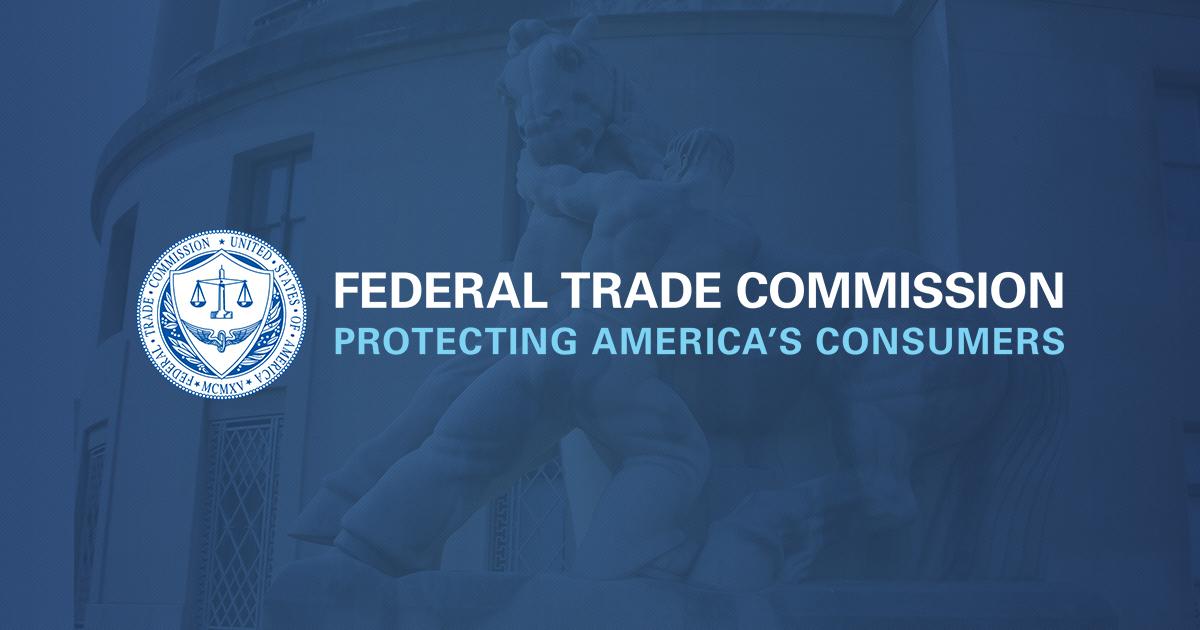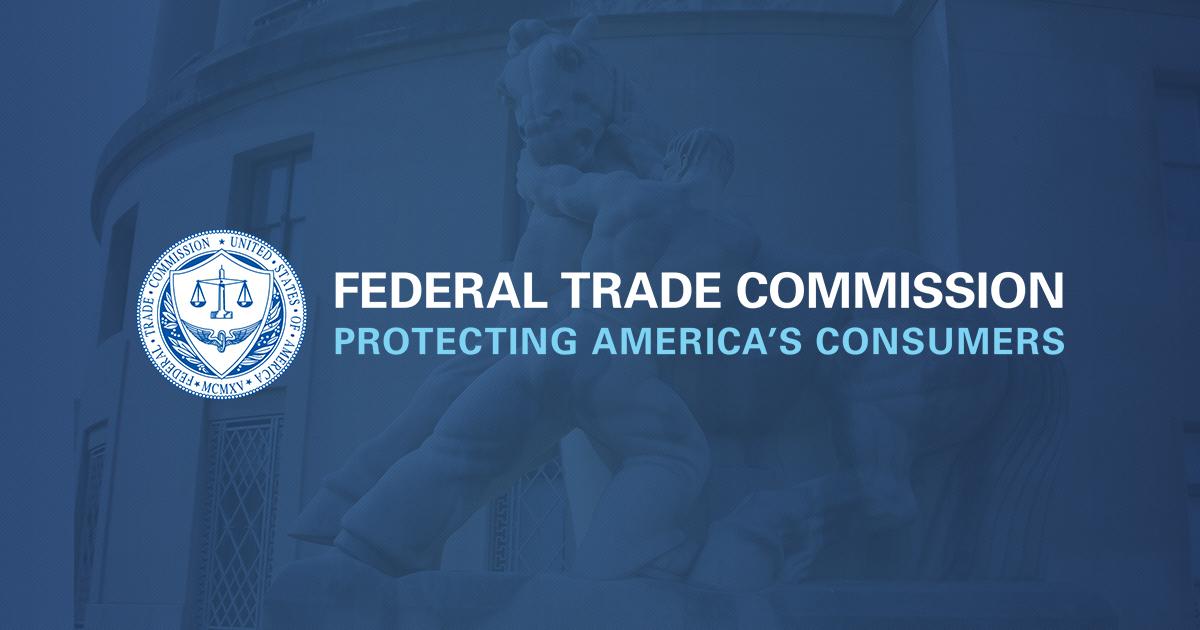The Federal Trade Commission has approved a resolution authorizing the use of compulsory process pursuant to Section 6(b) of the FTC Act and Section 215 of the Fair and Accurate Credit Transactions Act (FACTA). The Commission will use this resolution to issue orders that will require certain insurance companies to produce information for a study on the use and effect of credit-based insurance scores on consumers of homeowners insurance. Following a public comment period, the Commission intends to serve orders on the nine largest private providers of homeowners insurance.
The FTC vote approving the resolution was 4-0. Copies of the resolution can be found as a link to this press release on the Commission’s Web site.
Request for Public Comment on Model Section 6(b) Order
In connection with the FTC’s ongoing study of the use of credit-based insurance scores in the homeowners insurance industry, the agency is soliciting public comments on a draft model order that would be issued to selected firms that sell homeowners insurance. The Commission asks that any interested parties access the proposed order at the link appearing on this press release, and submit comments according to the instructions provided below. The FTC will consider these comments before serving compulsory process orders.
In 2003, Congress enacted Section 215 of FACTA, 15 U.S.C. § 1681 note (2003), which mandates that the Commission study the use and effect of credit-based insurance scores on the availability and affordability of automobile and homeowners insurance. In July 2007, the Commission issued a report describing its automobile insurance industry study (available at http://www.ftc.gov/opa/2007/07/facta.shtm).
The Commission now plans to obtain information for the homeowners insurance study using orders issued pursuant to Section 6(b) of the FTC Act and FACTA. The FTC plans to serve such orders on nine firms that represent roughly 60 percent of the homeowners insurance market. The proposed orders would require the production of data, documents, and some narrative responses on a variety of topics, including: (1) policyholder data; (2) premium data; (3) basic policy coverage data (e.g., coverage type, limits, deductibles); (4) policy endorsements and additional coverage data; (5) data and information on the use of credit-based insurance scores and credit history; (6) risk data, (7) claims data, (8) application and quote data; and (9) rating manuals and underwriting guidelines. The Commission intends to protect the privacy and security of the information collected in response to the 6(b) orders to the extent permitted by law.
The Commission is seeking public comment on this draft model order for a number of reasons. First, the FTC would benefit from the expertise and views of interested parties, particularly given the complexity of, and public interest in, the subject matter of the material requested. Second, the agency seeks information as to how to craft its orders in a manner that will maximize its research capability while minimizing any unnecessary burden on insurance firms participating in the study. Finally, Section 215 of FACTA directs the Commission to seek input on the study from the public and interested consumer, community, civil rights, and housing organizations.
Filing a Comment
The deadline for filing comments is June 18, 2008. Comments should be captioned “Credit-based Insurance Score – Homeowners Insurance – P044804” and should be submitted according to the instructions below.
To File Comments or Original Papers Electronically
Follow the instructions and fill out the form at https://secure.commentworks.com/ftc-homeownersinsurance
To File Comments or Original Papers in Paper Form
Include “Credit-based Insurance Score – Homeowners Insurance – P044804,” both in the text and on the envelope, and mail or deliver to the following address: Federal Trade Commission/Office of the Secretary, Room H-135 (Annex C), 600 Pennsylvania Avenue, N.W., Washington, DC 20580. Because postal mail in the Washington area and at the Commission is subject to delay, please consider submitting your comments in electronic form, as prescribed above. The FTC asks that any comment filed in paper form be sent by courier or overnight service, if possible.
To Request Confidential Treatment
You must file in paper form and clearly label the first page of the document “Confidential” and comply with FTC Rule of Practice 4.9(c), 16 C.F.R. § 4.9(c).
FTC’s Privacy Policy
The FTC Act and other laws the Commission administers permit the collection of public comments to consider and use in this proceeding as appropriate. All timely and responsive public comments, whether filed in paper or electronic form, will be considered by the Commission and will be available to the public on the FTC website, to the extent practicable, at http://www.ftc.gov/os/publiccomments.shtm. As a matter of discretion, the FTC makes every effort to remove home contact information for individuals from the public comments it receives before placing those comments on the FTC website. More information, including routine uses permitted by the Privacy Act, may be found in the FTC’s privacy policy, at http://www.ftc.gov/ftc/privacy.shtm.

